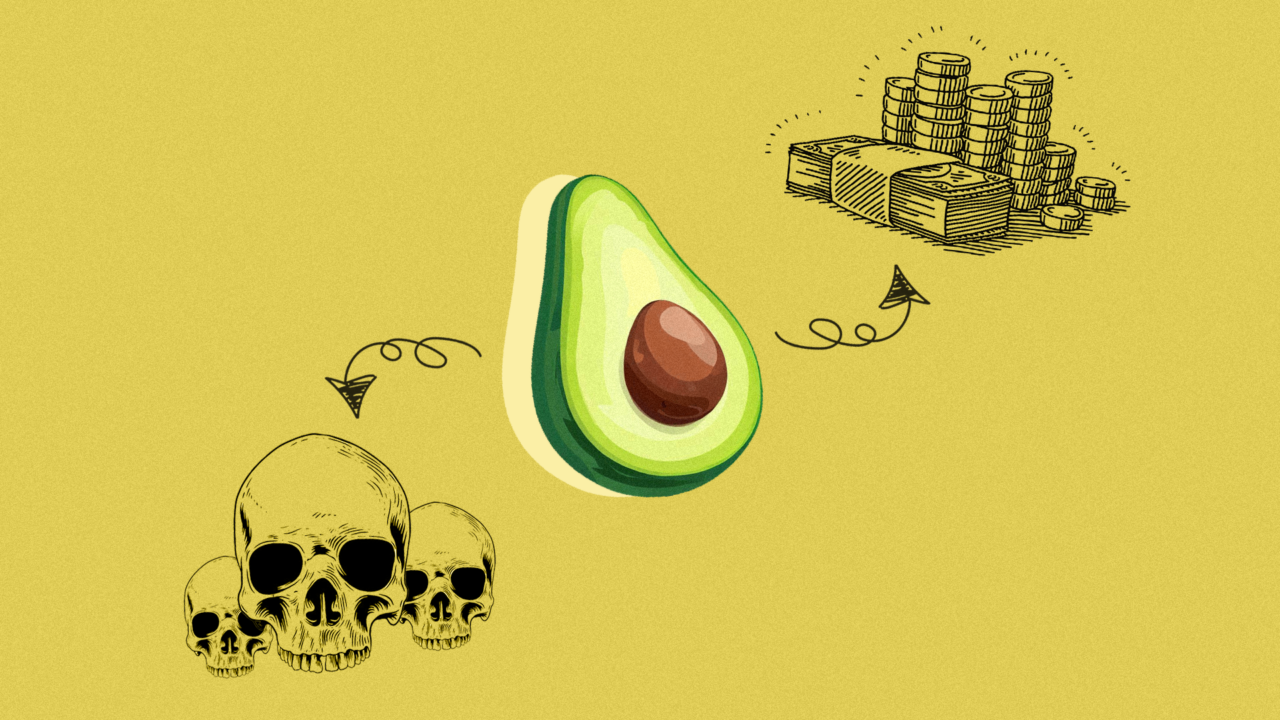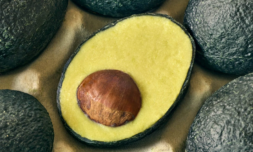While it’s well-known that global consumption of the fruit is wreaking havoc on the planet, many are blind to how it’s affecting those working tirelessly to meet ever-increasing demand. As with other foods that have become trendy or widely used, intensive production bears a heavy human impact.
These days, it’s pretty rare to come across somebody who isn’t a raging fan of avocados.
Thanks to the popularity of cruelty-free diets – and the caffs worldwide that have eagerly latched onto this to boost sales; offering a slew of toasts, smoothies, salads, dips, and desserts to cater to the conscious consumer – the contemporary boom of this fruit laden with health benefits has been massive.
In the US alone, consumption tripled nationwide between 2001 and 2020, rising to over 3.5 kilos per person annually.
This is how I feel when I’m eating avocado toast pic.twitter.com/UqHT6YWAbw
— ms. muffin 🍔 (@msmuffin83) June 11, 2024
The environmental impact of avocados
Now, as you may be aware, for some time experts have been warning against our affinity for avos, citing the detrimental environmental impacts of intensive production as a reason to cut down.
For starters, a kilo of avocados can require upwards of 2,000 litres of water to grow, depending on their size and region of origin.
Compare that to the 200 litres per kilo that it takes to cultivate tomatoes, cabbage, or spinach and you can see how getting one of these green balls of goodness from farm to table equals a high maintenance and impractical process (even more so when you consider that they’re a very delicate and easy-to-bruise crop).
Then, of course, there’s the issue of deforestation, which is especially prevalent in Mexico, the country that supplies 90 per cent of America’s total avocado consumption.
Over the past decade, some 2,900 to 24,700 acres of forest (an area larger than 15,000 football fields) have been cleared each year – often illegally – in the western state of Michoacán, as estimated by Climate Rights International.
The organisation also reports that this rapid expansion of orchards poses a threat to Mexico’s ecosystems, the repercussions of which are contributing to the ongoing climate crisis and will be felt far into the future.
‘I think avocado at this level is unsustainable,’ says Patrick Holden, CEO of Sustainable Food Trust.
‘But avocado isn’t a problem in itself, it’s that it’s become a staple when it should be a luxury.’
Yet news of our planet’s avo-induced suffering appears to have done little to curb our insatiable appetite for the fruit given it remains a staple across much of the globe and there’s been no visible pivot towards rebranding them a luxury, as advised by Holden.
What’s less frequently addressed, however, and what could potentially wake more of us up to the deeply concerning reality of our obsession with avocados, is how negatively it’s affecting the people who are working tirelessly to meet ever-increasing demand.




















